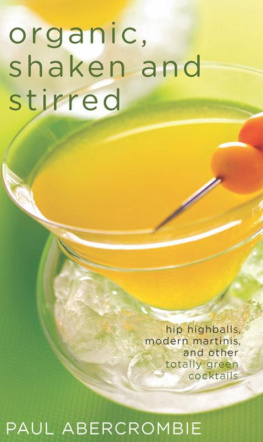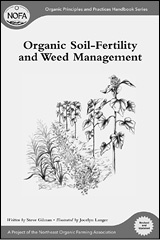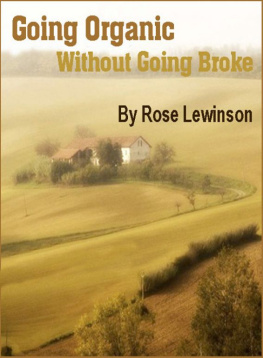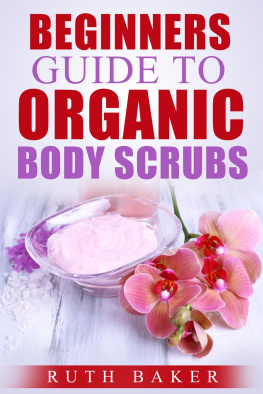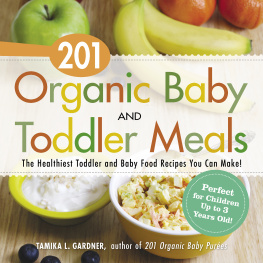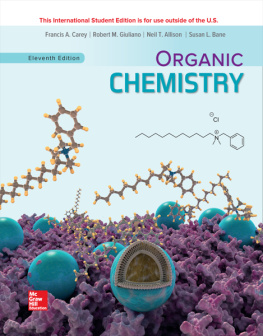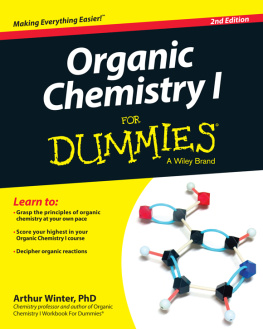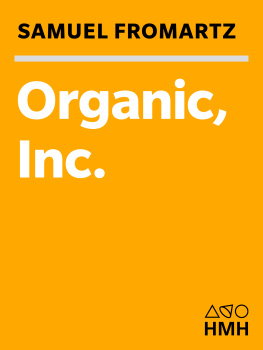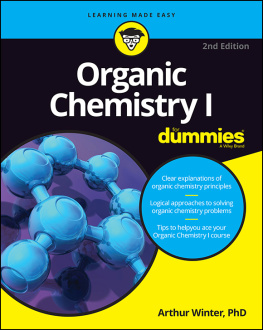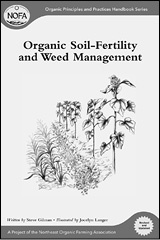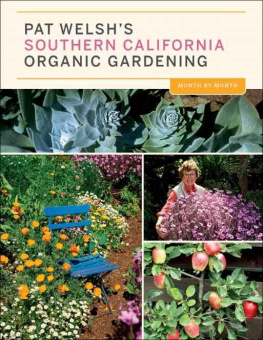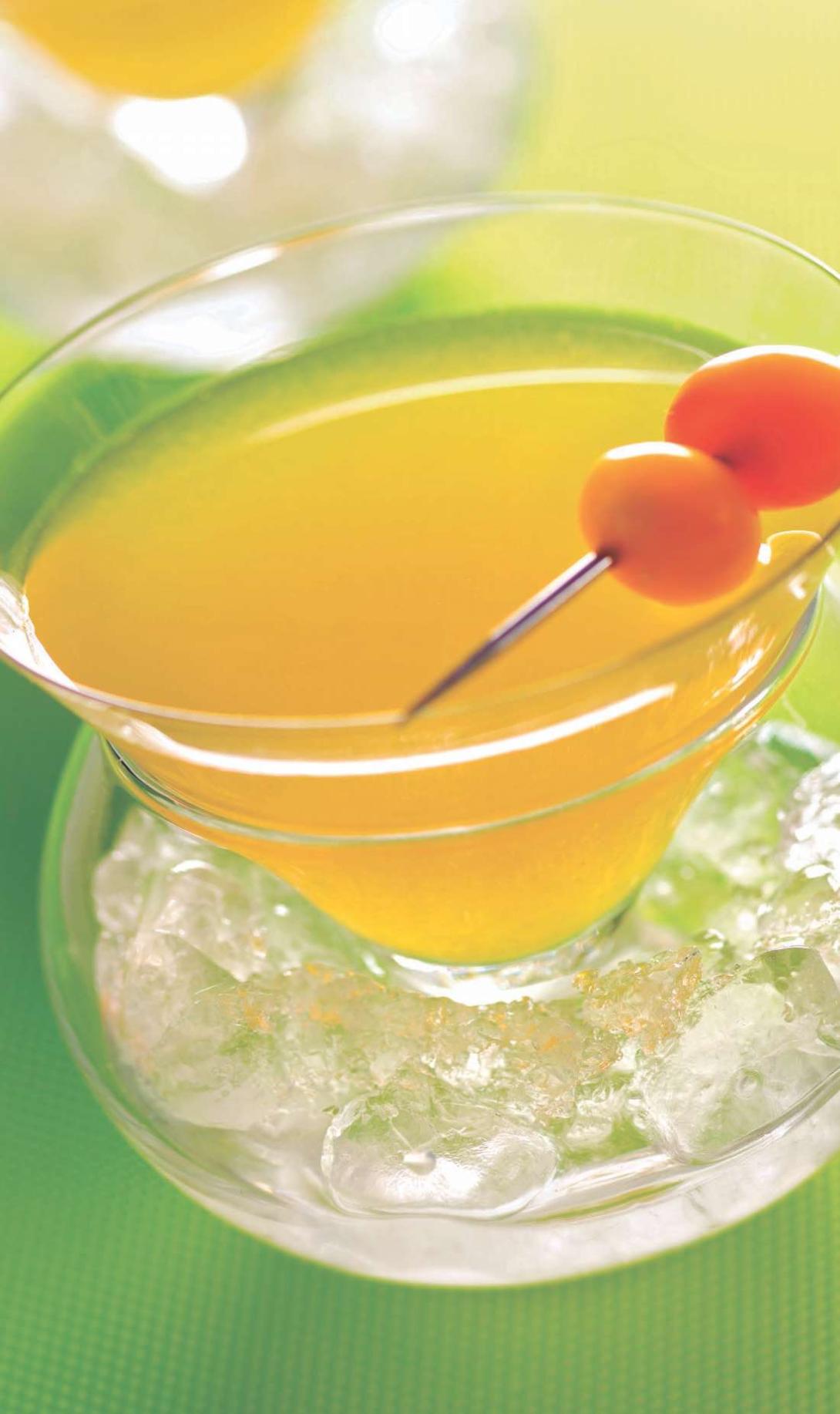
The Harvard Common Press
535 Albany Street
Boston, Massachusetts 02118
www.harvardcommonpress.com
Copyright 2009 by Paul Abercrombie
Photographs copyright 2009 by Jerry Errico
All rights reserved. No part of this publication may be reproduced or transmitted in any form or by any means, electronic or mechanical, including photocopying, recording, or any information storage or retrieval system, without permission in writing from the publisher.
Printed in China
Printed on recycled, acid-free paper
Library of Congress Cataloging-in-Publication Data
Abercrombie, Paul.
Organic, shaken and stirred : hip highballs, modern martinis, and other totally green cocktails / Paul Abercrombie.
p. cm.
Includes index.
ISBN 978-1-55832-436-7
1. Cocktails. 2. Natural foods. I. Title.
TX951.A28 2009
641.8'74--dc22
2008055568
Special bulk-order discounts are available on this and other Harvard Common Press books. Companies and organizations may purchase books for premiums or resale, or may arrange a custom edition, by contacting the Marketing Director at the address above.
Book design by Elizabeth Van Itallie
Photography by Jerry Errico
Drink styling by Helen Jones
Prop styling by Kristi Schiffman
10 9 8 7 6 5 4 3 2 1
For Gail
Acknowledgments
Thanks above all to my wife, Gail, for more than I can ever fit or express here (and sorry about the kitchen now looking like a bar), and to my son, Ewan, for sometimes letting Daddy play dinosaurs with a cocktail shaker in one hand.
So many people helped me with this book, graciously opening their Rolodexes and recipe boxes, including Allison Evanow, Neal Fraser, H. Joseph Ehrmann, Enrico Caruso, Paul Davis, Todd Thrasher, Lance Hanson, Matt Baris, Lance Mayhew, Natalie Bovis-Nelsen, Phoenix Kelly-Rappa, Scott Beattie, Gray Ottley, Kate LaCroix, Alberta Straub, Melanie and Lizzie Asher, Lisa Averbuch, Sabrina Moreno-Dolan, Vanessa Polk, Melkon Khosrovian, Litty Mathew, Ann Tuennerman, Tonia Guffey, Gina Chersevani, Bryant Terry, Gianpiero Ruggeri, Chris Cason, Mike Sherwood, Debbie Rizzo, Willy Shine, Dori Bryant, Gianfranco Verga, my brother-in-law Snow Martin and his friends (for their valiant service, along with my neighbors, as drink testers), my "research" assistant John Fowler, Bill Frederick, and all the folks whose recipes appear in these pages; please check out the credits on for their names and creations. Thank you to all of you.
Thanks also to Danielle Egan-Miller for finding a home for this book at The Harvard Common Press, and to my editor, Pam Hoenig, who is more talented and patient than I deserve. I'm also grateful to copyeditor Christine Corcoran Cox, without whose help these words would scarcely be recognizable as English.
I'm sure I've forgotten to thank many others. I'd blame cocktails, but the fault is all mine. I owe you a drink.
Introduction
Forget painting the town red: Today's smart set is painting the town green. As in organic-cocktail green.
The hottest trend in the bar scene these days is eco-chic cocktails. We're not talking froufrou frapps or the tippler's equivalent of tofu. These are real drinks. Cutting-edge restaurants and bars are concocting healthful libations with fresh produce and unadulterated alcohol. Organic distilleries are popping up. Even prefab cocktail mixers, once the tint and taste of nothing found in nature, are going organic.
People are pouring organic cocktails for many of the same reasons they're choosing organic foodto avoid artificial ingredients, including synthetic pesticides, that are harmful to their bodies as well as to the land and ecosystems, and to help support sustainable farming and environmentally friendly packaging. (Think of it as giving new meaning to the phrase "drinking responsibly.")
The growing awareness of organic foods' benefits to our bodies and our planet is finding expression in a culinary approach to cocktails. "The kitchen is heading to the bar," says Natalie Bovis-Nelsen, who teaches The Liquid Muse Sustainable Sips eco-friendly cocktail classes around the nation. "Mixologists, bartenders, and even home cocktailians are discovering that organic ingredients, from fresh fruits to herbs, also make killer cocktails."
Or as Gina Chersevani, bartender at the Washington, D.C., restaurant PS 7's, puts it: "You don't have to sacrifice taste and health just because you're going out nightclubbing." What's more, medical experts say that organic alcohol is lower in methanolthe toxin responsible for hangoversthan the nonorganic variety, which may mean one less reason to regret last night's revelry.
Walk into any halfway hip restaurant or bar, and you'll see that Gina is but one member of a growing movement that is shaking up the world of spirits. Few are as inspired in bringing natural ingredients to the bar as H. Joseph Ehrmann. He's so committed to preparing perfectly organic cocktails that his San Francisco saloon Elixir is officially recognized as one of the city's first green businesses. And if there is such a thing as a healthy cocktail, Trudy Thomas is making them. At the Camelback Inn resort and spa in Scottsdale, Arizona, where she is beverage director, Trudy is working her own artisanal alchemy with original concoctions such as her Detox Margarita and other spainspired delicacies fashioned from all manner of seasonal organic fruit and herb purees.
. Finding the right recipe for any mood or occasion is as easy as heading to one of the book's four chapters organized by flavorClean and Classic, Lush and Fruity, Fresh and Zesty, and From the Gardenor to the Punch and Pitcher chapter, which features drinks that are perfect to enjoy with friends.
Organic, Shaken and Stirred will guide you as you shop, shake, and sip your way to a whole new manner of enjoying what's in your cocktail glass. I'll help you brush up on key mixology skills, get a grip on what bar gear you do (and don't) need, and learn to make the organic cocktail world's most mouthwatering libations.
Let's raise the bar and toast to a fresh new take on the cocktail tradition.
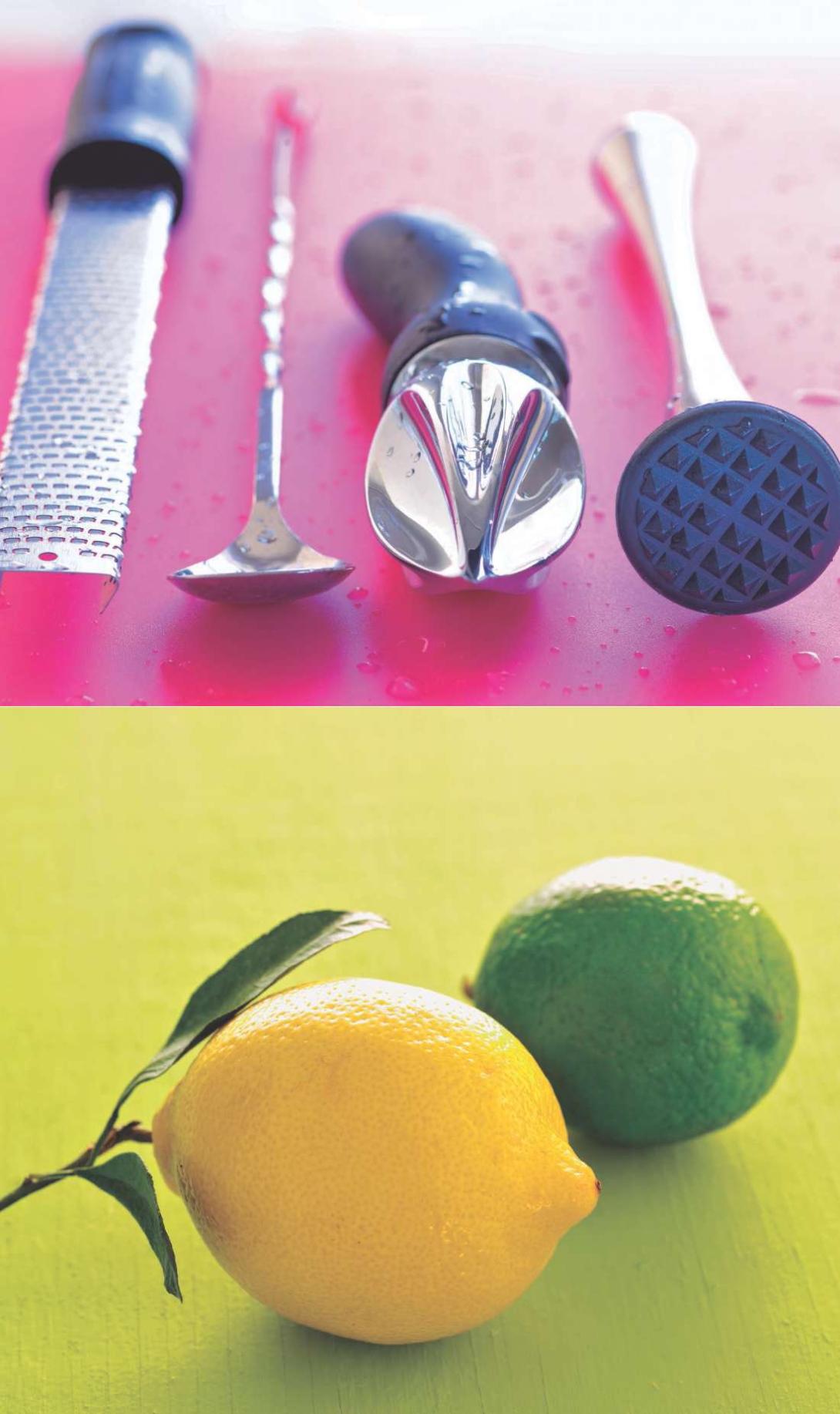
Everything You Need to Know to Build a Green Bar
Stocking the Green Bar
Whether you are a professional bartender or the proud owner of a couple of highball glasses left over from college, there is one simple rule for stocking your organic cocktail bar: No drink ever rises above the quality of its ingredients.
The advantages of avoiding pesticides, fertilizers, or fungicides in your alcohol are manifold. Spirits are distilled, and some distillers believe that organically grown grains, sugarcane, and potatoes have better cell structure than their nonorganic counterparts and that their natural microorganisms encourage the process of fermentation. According to many distillers, allowing natural microorganisms (rather than various so-called enhancers, or enzymes, that speed up and intensify the fermentation process) to encourage fermentation results in a cleaner, purer product and better-tasting spirits.
What's more, organic growing methods are healthier for growers, more sustainable, and kinder to the land and water, and result in food that often plain tastes bettera lot better.
Distilleries and others in the cocktail-industrial complex are paying attention to the organic trend. Since organic-spirits pioneer Allison Evanow launched Square One Organic Spirits with vodka made from 100 percent organic American rye several years ago, she has been joined almost monthly by new commercial producers of organic liquors. Even mixers are getting the organic treatment.
Next page
